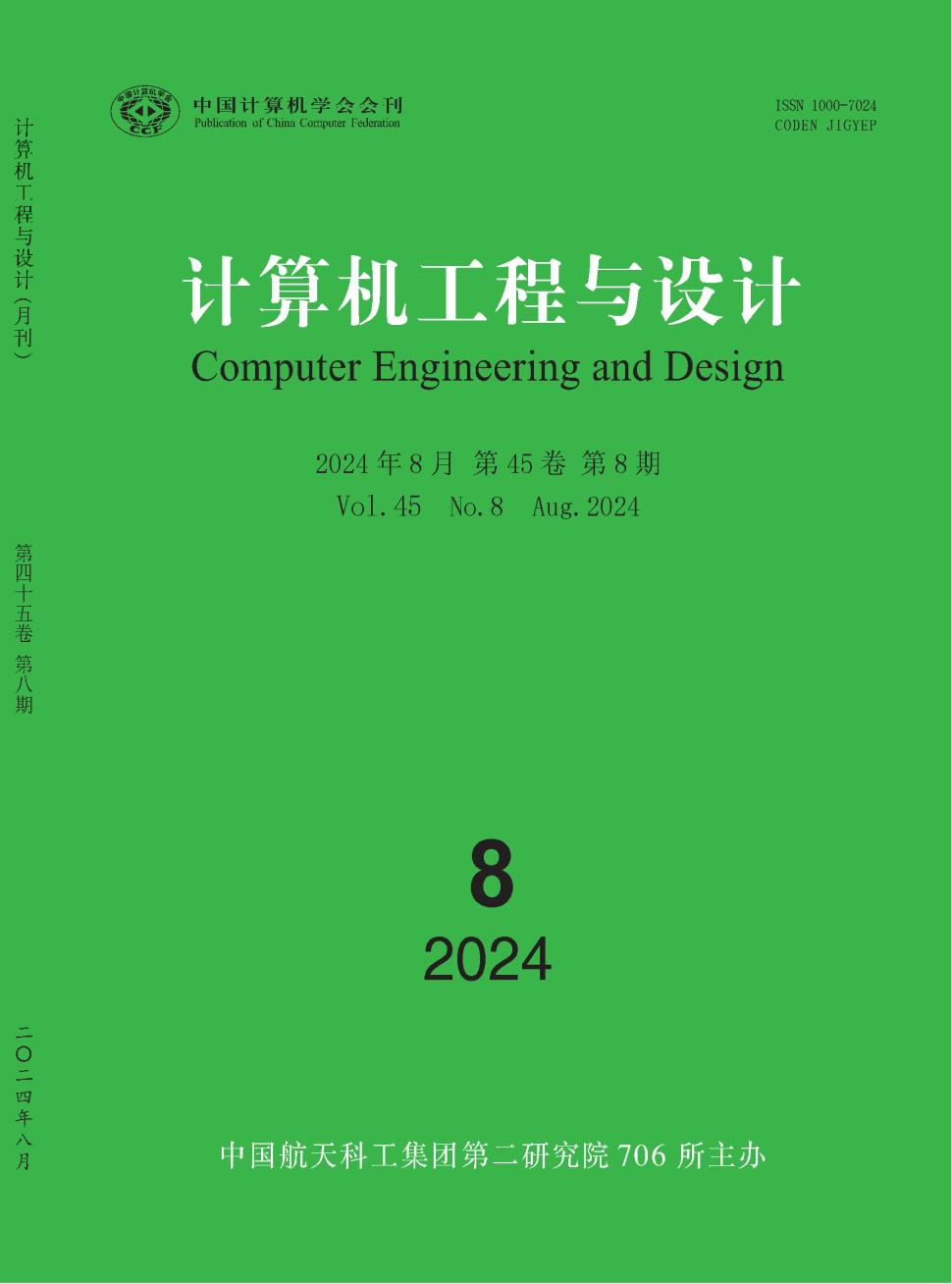Towards a Masked Face Recognition Algorithm: A Novel Rule Based Hybrid Algorithm
引用次数: 0
Abstract
The recent SARS-CoV-2 virus global spread and the Covid-19 pandemic that resulted from that has increased the focus on hygienic and contactless safety measures. The wide use of masks, that are essential for the reduction of the spread of the virus, has been declared mandatory by several institutions and countries. Given the circumstances, masked facial recognition has gained an increased attention by the research community. Mask identification for healthcare reasons, face recognition and identification for public safety in a smart city environment and security reasons proved to be a challenging problem with most algorithms having limitations. The vast amount of data, of people with masks, that has been generated in the recent months will be helpful in tackling some of the major issues. The main issues most methodologies face are occlusion, illumination, non-frontal characteristics and pose variation. This paper focuses on the preliminary results of a novel rule based hybrid masked face recognition algorithm. We use the MaskedFace-net dataset and we detect the covered face using the Viola-Jones algorithm. Through the use of Statistical Region Merging (SRM) we detect the ocular region in the cropped face image, and we achieve eye detection for our preprocessing. Through this process we manage to get a clearer and sharper version of the original input eye image. Finally, we generate the attributed graph of the detected facial features, whose labeled arcs represent the computed distance rations between them. This algorithm will act as input into a machine learning prediction model moving forward.一种新的基于规则的混合人脸识别算法
最近的SARS-CoV-2病毒全球传播以及由此导致的Covid-19大流行使人们更加关注卫生和非接触安全措施。一些机构和国家已宣布必须广泛使用口罩,这对减少病毒的传播至关重要。在这种情况下,蒙面人脸识别越来越受到研究界的关注。在智能城市环境中,出于医疗保健原因的口罩识别、出于公共安全原因的人脸识别和识别以及出于安全原因的人脸识别被证明是一个具有挑战性的问题,大多数算法都有局限性。最近几个月产生的关于戴口罩的人的大量数据将有助于解决一些重大问题。大多数方法面临的主要问题是遮挡、光照、非正面特征和姿态变化。本文重点介绍了一种基于规则的混合人脸识别算法的初步研究结果。我们使用MaskedFace-net数据集,并使用Viola-Jones算法检测被覆盖的人脸。利用统计区域合并(SRM)方法对裁剪后的人脸图像进行眼部区域检测,并在预处理过程中实现眼部检测。通过这个过程,我们设法获得原始输入眼睛图像的更清晰和更清晰的版本。最后,我们生成检测到的面部特征的属性图,其中标记的弧表示计算出的它们之间的距离比例。该算法将作为机器学习预测模型的输入。
本文章由计算机程序翻译,如有差异,请以英文原文为准。
求助全文
约1分钟内获得全文
求助全文
来源期刊
自引率
0.00%
发文量
20353
期刊介绍:
Computer Engineering and Design is supervised by China Aerospace Science and Industry Corporation and sponsored by the 706th Institute of the Second Academy of China Aerospace Science and Industry Corporation. It was founded in 1980. The purpose of the journal is to disseminate new technologies and promote academic exchanges. Since its inception, it has adhered to the principle of combining depth and breadth, theory and application, and focused on reporting cutting-edge and hot computer technologies. The journal accepts academic papers with innovative and independent academic insights, including papers on fund projects, award-winning research papers, outstanding papers at academic conferences, doctoral and master's theses, etc.

 求助内容:
求助内容: 应助结果提醒方式:
应助结果提醒方式:


